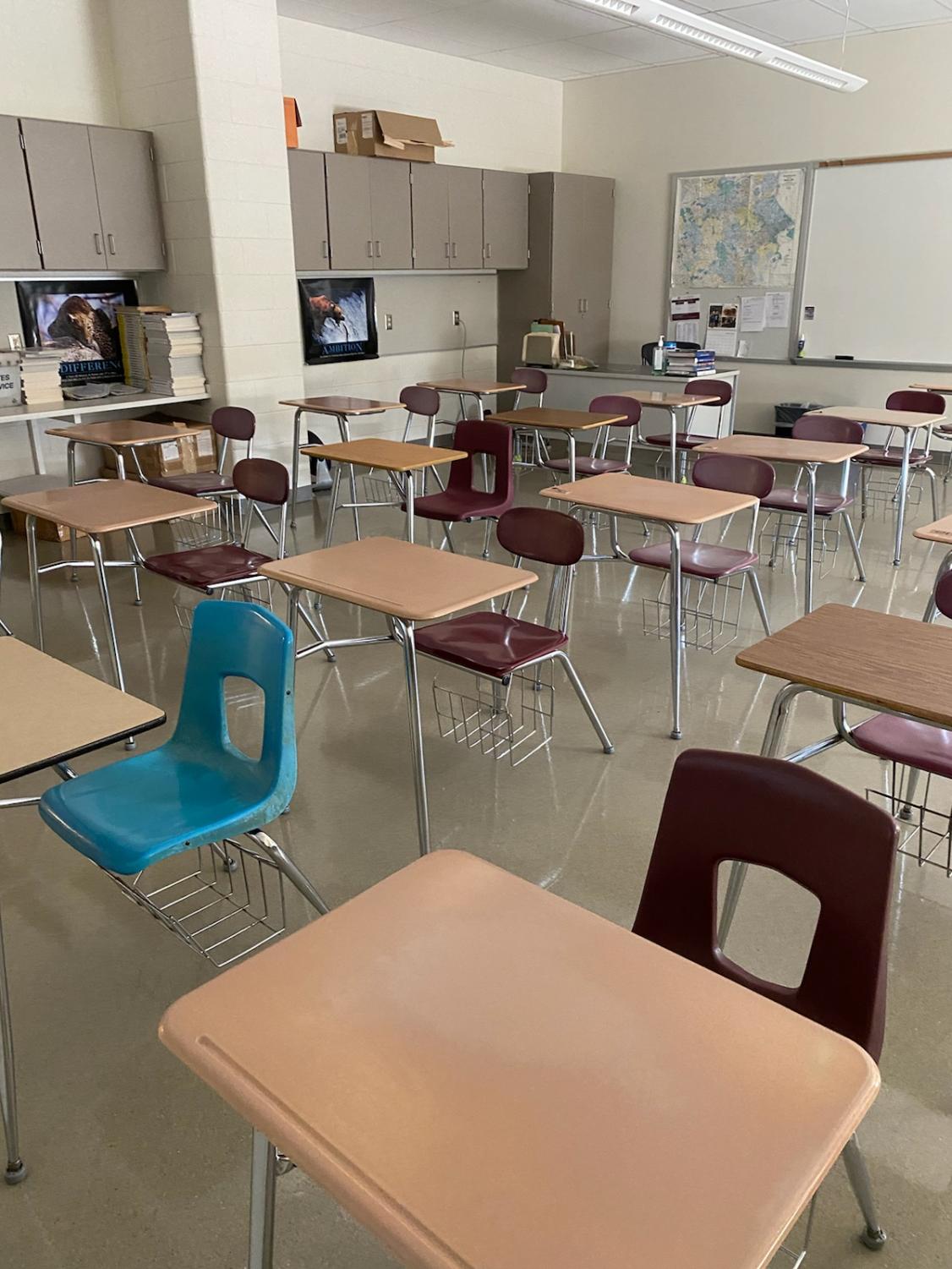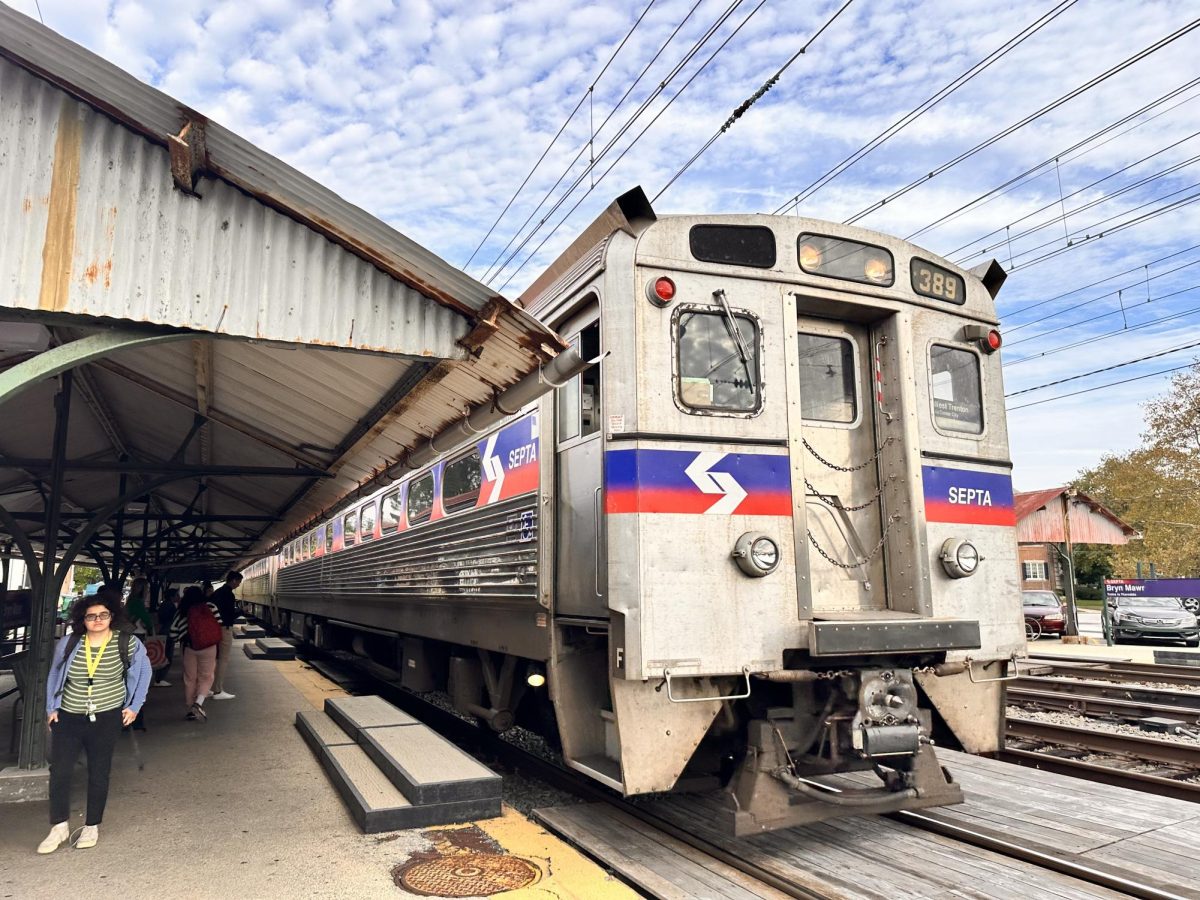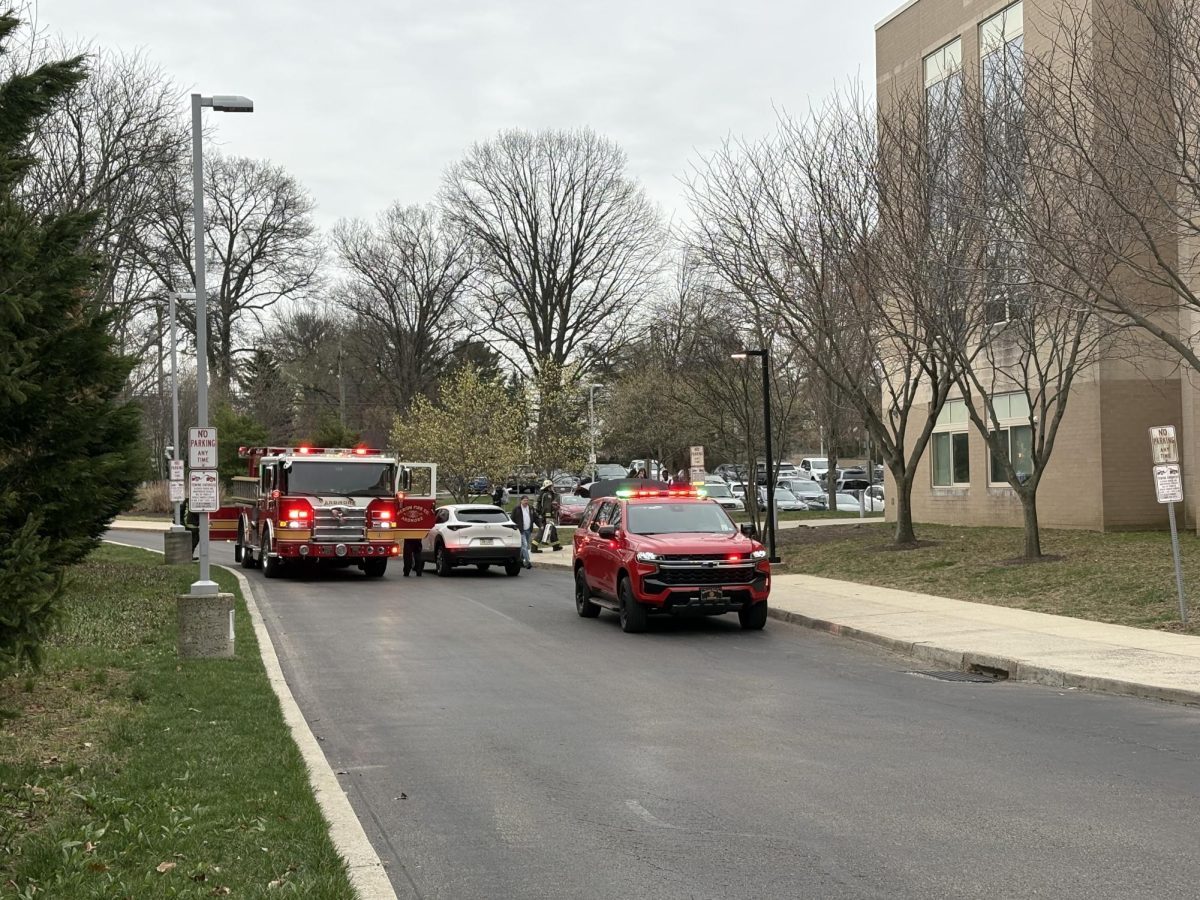
At LM, many students choose to challenge themselves by participating in Advanced Placement (AP) classes, which are demanding courses offered in a variety of subjects ranging from chemistry to psychology. Each May, the College Board administers standardized exams to assess students on their understanding of the AP curriculum, called AP Exams.
The COVID-19 pandemic, however, has undoubtedly disrupted our education with unprecedented impacts on mental health and daily schedules. Last spring, the College Board seemed to take these impacts into account given their suddenness; a 45-minute, online exam containing less content was administered in place of the typical three hour, in-person exam. This year, the College Board has announced three testing options, and regardless of which option is chosen, the tests will be full-length as usual, somewhat establishing a sense of normalcy.
The aura of uncertainty surrounding this year has prompted some teachers to alter their curriculums, such as Lawrence McAfoos, an AP Chemistry teacher. For the past four or five years, the most mathematically difficult parts of the curriculum were taught first, allowing for more time to revisit the material throughout the year. Although this technique was effective, they unfortunately were not able to predict the pandemic and its impact on the 2020 exams. “Last year, the College Board cut out much of that material from the test,” he shares. “So our students were playing ‘catch-up’ on the material that would be tested and didn’t need the material that they had mastered.” Unsure about what the College Board would plan for this year, he restructured his curriculum to be more “normal,” although the same issues he had tried to counter from the beginning would reappear. He also has not tested his students this year. “With so many students at home, I have not found a way to fairly assess student knowledge when some students sit in front of me and some are at home with access to the world of information at their fingertips,” he explains. “So, will my students do as well as normal? I don’t know. I am confident that the students who have actively engaged in class have learned a lot, but I’m also confident that I have a few students who are putting on a good show without actively engaging.”
Jeffrey Cahill, an AP Psychology teacher, has also changed his curriculum. “Most of my teaching [before] was with paper and pencil and through discussion. We seldom used computers in my classroom,” he notes. “I have adapted all my material to electronic forms and have had to eliminate some of the classroom ‘experiments’ I normally conduct for psychology.” He also mentions that generating class conversations virtually has been difficult, and is unsure if students will perform as well as they normally do. “If the environment created by COVID-19 negatively impacts many students, then learning and understanding is hindered which will affect AP Exam results. The hardest part is simulating the AP testing environment,” he continues. “I think students are doing well overall, but what I don’t know is how well they are learning the material. Tests and essays are open note, but the AP Exam isn’t. Students must make an effort to complete tests within time constraints and without notes to truly understand how well they know material.”
Some LM students have expressed concern at the rapidly approaching exams, which will cover the entirety of their course’s content. This nervousness can partly be attributed to switches between the hybrid and fully-remote schedules, and virtual instruction in general. “I think that the biggest aspect compromising online learning is the constant switching of schedules, which eliminates the consistency of one schedule and necessitates students adapting to the schedule in addition to the new way of learning material,” says Jonathan Xu ’22. Hadia Ahmad ’23 agrees, adding that “Years of ingrained work ethic had to be reinvented this year, and there’s this constant feeling of anxiousness and uncertainty surrounding the AP tests because it’s hard to keep track of everything.”
Michael Aizenberg ’23 notes that his AP classes have still been taught extremely well virtually, but he still shares some of the same worries: “I’m nervous for the exams, but probably not more than I would be during a typical year.”
While still acknowledging the shortcomings of virtual learning in terms of preparing students less, Xu still prefers the longer exams. “When I took the fifty-minute ones last year, I was stressed that every single question was the difference between, say, a three and a five,” he recalls. “Having a longer exam from an educational standpoint ensures that the broader span of knowledge is assessed, instead of some parcels here and there.”
This year has proved itself to be anything but typical when it comes to education. But whether or not students are in favor of the modified testing, AP exams at the very least seem to be returning to a somewhat normal format.






